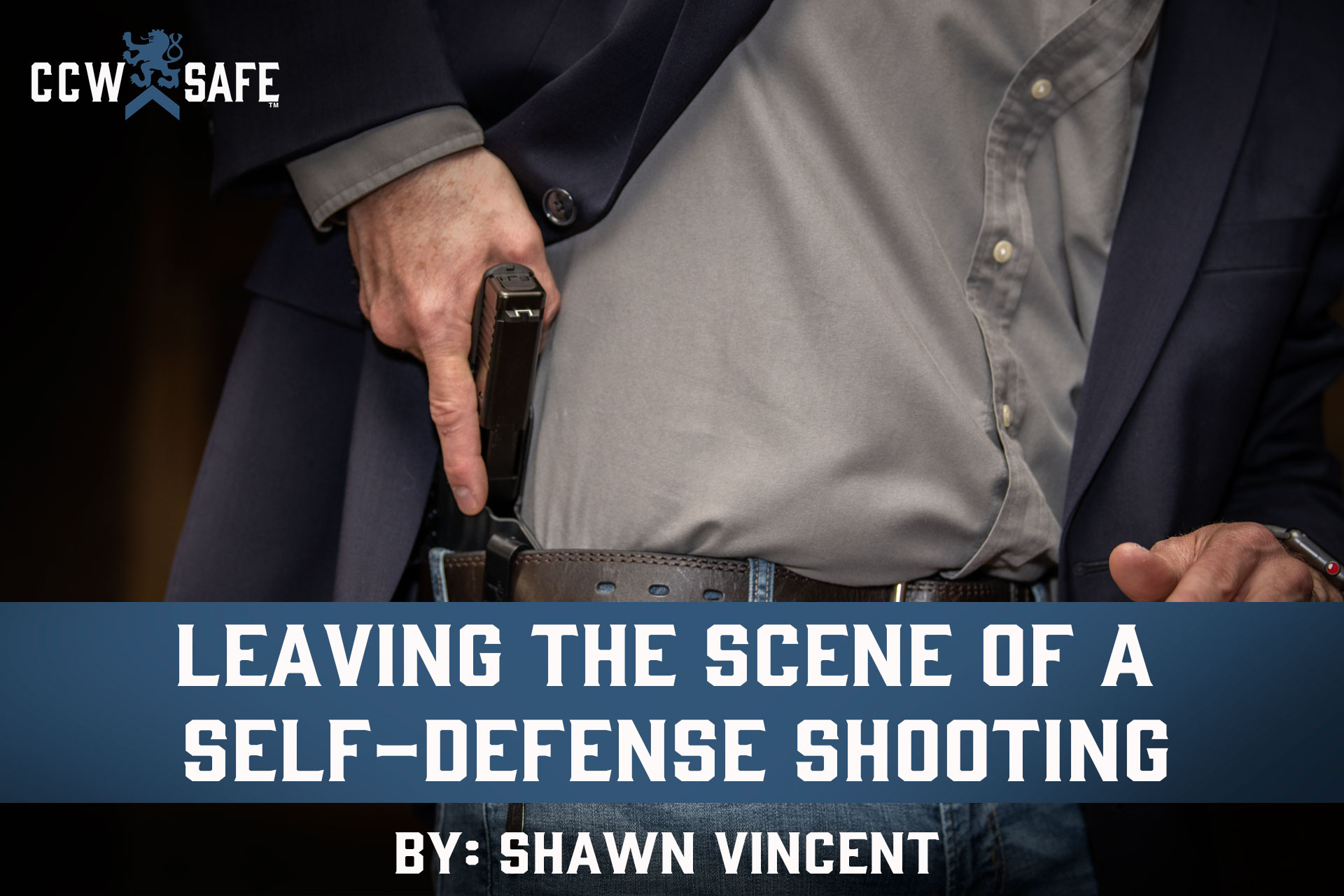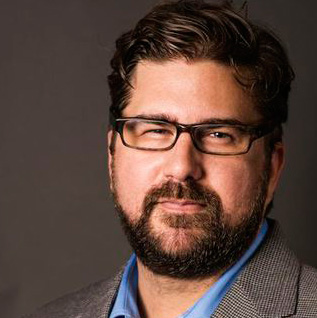
Posted on August 23, 2019
Leaving the Scene of a Self-Defense Shooting
Leaving the Scene of a Self-Defense Shooting
Balancing Safety Against Consciousness of Guilt
Not long ago, a Nashville teenager wearing a tightly-drawn red hoodie briskly approached a man at an ATM. The teen drew a pistol. It was a robbery. What he didn’t know is that the man at the ATM was a concealed carrier. The man drew his pistol and fired, striking the assailant multiple times. The teen tried to run, but after a few steps, he collapsed and dropped his gun.
The defender quickly retrieved the assailant’s weapon, and then he did something questionable: he left the scene.
Read the news report about the shooting: https://www.tennessean.com/story/news/crime/2019/07/31/attempted-robbery-kenneth-cathey-shot-several-times-victim-self-defense-bell-road-atm-us-bank/1880863001/
He went to his girlfriend’s nearby apartment, and according to news reports, returned later to speak with police and hand over the assailant’s pistol. Because no charges have been filed against him, the defender presumably called 911 to report the shooting, and by the time he arrived back at the scene, police were expecting him.
We have written about cases where the shooters left the scene without calling 911, and the result was that police began their investigation suspecting a murder rather than aself-defense homicide.
Michael Dunn shot Jordan Davis during a heated argument at a convenience store in Jacksonville, Florida. By the time homicide detectives caught up with him the next day, Dunn’s self-defence claim came too late; the cops had already spent more than 12 hours looking for a cold-blooded killer. Gyrell Lee watched a man shoot his brother in the middle of a residential street. Before the shooter turned his pistol on him, Lee fired his own gun, but then he fled the scene without calling police. When homicide detectives apprehended him the next day, they held him under suspicion of murder — not just for shooting the assailant, but also for the shooting of his own cousin.
In both of these cases, fleeing the scene provided prosecutors with “consciousness of guilt” evidence. The idea is that the only reason the shooter fled is because he knew he had done something wrong.
The truth, however, is that consciousness of guilt is not the only reason for leaving the scene of a shooting. A self-defense shooter may leave because he believes that staying will put him in greater or prolonged danger. Don West, veteran criminal defense attorney and National Trial Counsel for CCW Safe says that, in the ATM shooting, “The defender may have suspected there could be an accomplice, and he didn’t know how much danger he felt he was putting himself in by hanging around there. His girlfriend’s apartment may have been his most obvious choice for getting to safety.”
The lesson for the concealed carrier is that the only good reason to leave the scene of a self-defense shooting is if you think staying puts you in danger. If you do leave, it’s imperative that you report the shooting at the first possible moment. Don West says that “police have to decide which side to put people on as they become known — on the victim’s side or the defender’s side.” You want to be known to authorities from the very first moment as the defender, and that means that you want to be the first to report the shooting and, at the same time, assert your self-defense claim.
By the way, in the ATM case, the assailant survived the shooting, and authorities charged him with armed robbery while he was in the hospital. We don’t know if the defender asked for an ambulance when he called in the shooting, but Don West suggests that it’s always a good idea to request medical help for an attacker after a self-defense shooting. “You’re so angry; you’re upset; you’re fearful,” Don West says. “The last thing you probably want to do is call for help for somebody you firmly believe was trying to kill you, but it’s the right thing to do, and it sends a message that what you did, you did for the right reasons.”
 |
SHAWN VINCENT- LITIGATION CONSULTANTShawn Vincent is a litigation consultant who helps select juries in self-defense cases, and he manages public interest of high-profile legal matters. If you have any questions for Shawn, or would like more articles like this, let us know belo |